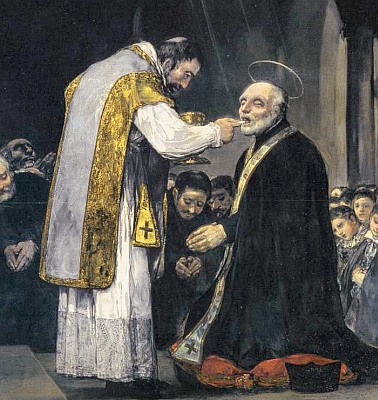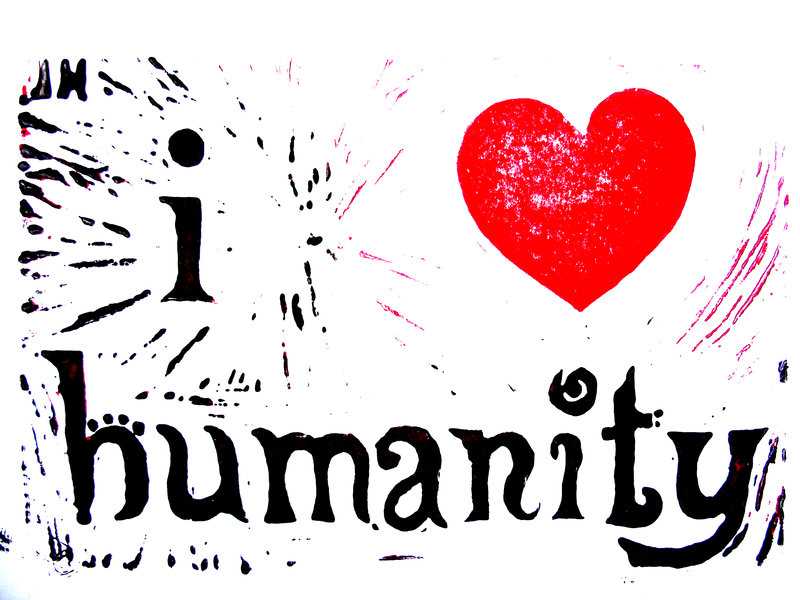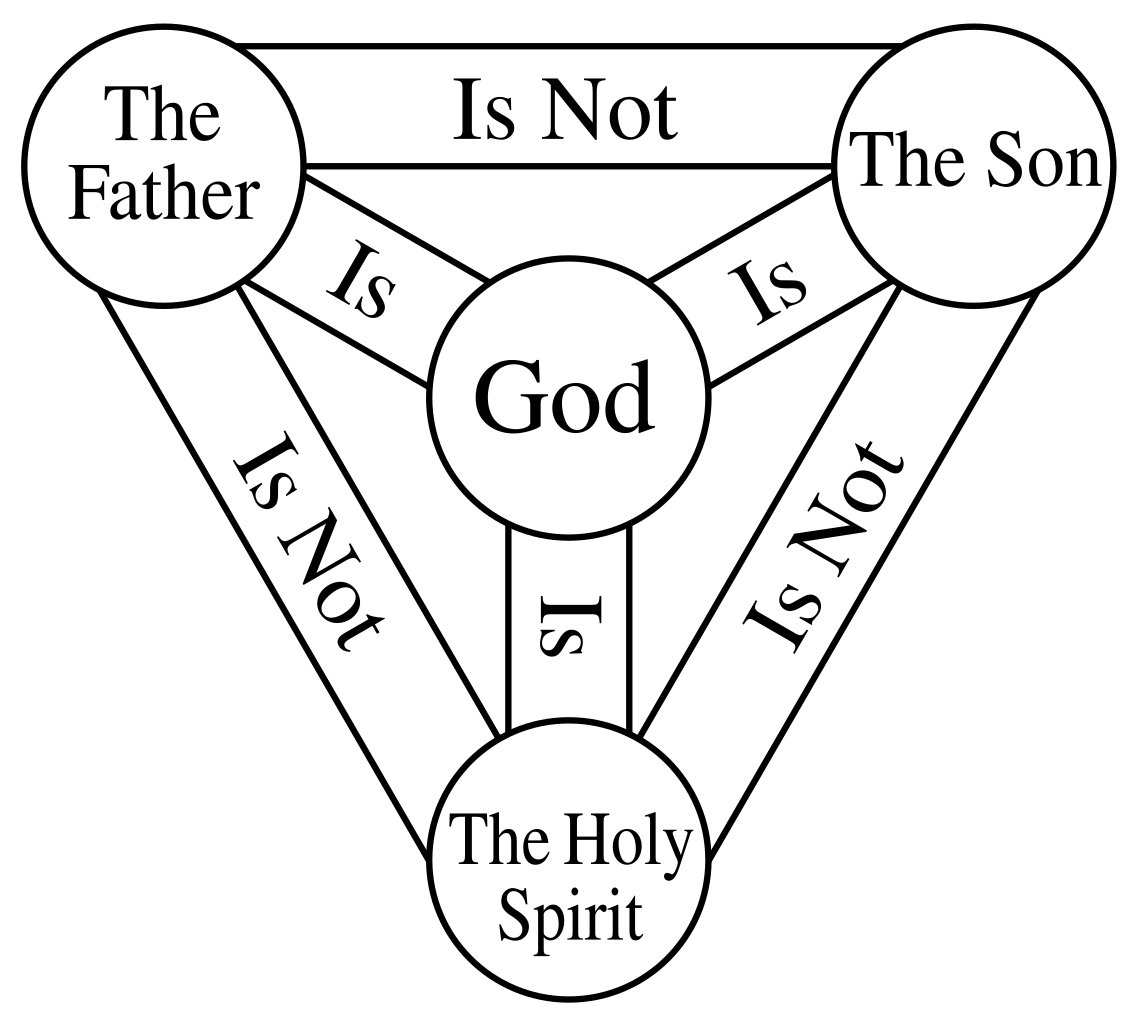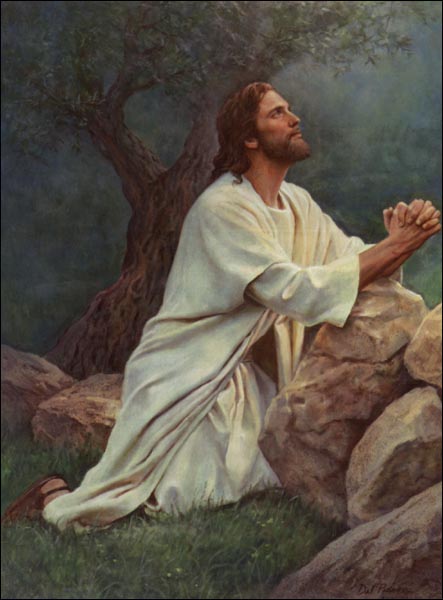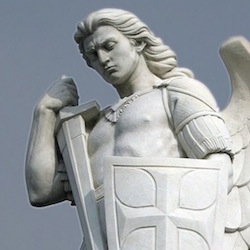'C'atholics who claim the Church fell into error and heresy with either the election of John XXIII or Vatican 2 or the promulgation of the Novus Ordo Missae or whichever date they choose (it tends to differ) don't tend to grasp the consequences of what they are claiming. If the Church taught error even once, then Christ was wrong. In fact, he was worse than wrong, He was a false prophet. But God is not a false prophet. Therefore, Christ isn't God either. Which means we should immediately abandon not just the "hierarchy" or even just Catholicism, but all of Christianity. More than that, we should denounce Christ as an evil man. For Christ claimed to be God and even accepted worship from His followers when He wasn't divine. Which makes Christ an evil usurper of the privileges of God who ought to be universally reviled. That, hatred of Jesus and the abandonment of Christianity, are the logical consequences of the Church teaching error at Vatican 2.
Hilliare Belloc perhaps summed the ridiculousness of trying to separate the "Christian religion" from the Catholic Church better than any other modern writer,
"There is no such thing as a religion called "Christianity" there never has been such a religion. There is and always has been the Church, and various heresies proceeding from a rejection of some of the Church's doctrines by men who still desire to retain the rest of her teaching and morals. But there never has been and never can be or will be a general Christian religion professed by men who all accept some central important doctrines, while agreeing to differ about others. There has always been, from the beginning, and will always be, the Church, and sundry heresies either doomed to decay, or, like Mohammedanism, to grow into a separate religion. Of a common Christianity there has never been and never can be a definition, for it has never existed." (From The Great Heresies)
If these 'c'atholics are not fleeing Christianity, then they show themselves to be no better than any other Christian who choses to reject the Church's authority when they don't like certain things she teaches, while trying to retain those parts of Catholicism they happen to like. This, picking and choosing from the teachings and practices of Catholicism, is the very definition of heresy, which comes from the Greek αἵρεσις meaning "to choose." Heretics are those who choose the teaching "God is love" but reject the idea of God's justice. Heretics are those who choose the teaching to "love your neighbor" but reject the teaching to not use contraception. Heretics are those who choose to use the Bible, but reject the Church who canonized it. And heretics are those who choose the Church's teaching from before the 28th of October 1958 and reject the teachings since.
Sadly, heresy will always be with us. It will always be easier to try to change the Church than to allow it to change you. Christ gave us a living teaching authority, one He invested with the power to teach in His name,
He that heareth you, heareth me; and he that despiseth you, despiseth me; and he that despiseth me, despiseth him that sent me. (Lk 10:16)He didn't give us a book to read and interpret privately as Protestantism would have and He didn't give us a bunch of old encyclicals and traditions from ages past to read and interpret privately as a certain type of "traditionalist" 'c'atholic would have. He gave us the living voice of the Magisterium of the Church and guaranteed this Church would stand against the very gates of hell.
Privately interpreting St. Paul's Letter to the Romans or Pius V's Quo Primum while ignoring the Church isn't a valid option. To understand the Truth, to be faithful to Jesus, we must hold fast to the traditions, to the scriptures, and listen with docility to the voice of the Church as it speaks today. That isn't easy, especially in this age of rebellion against authority, but it is the narrow path and the only way to avoid the ultimate pitfall of heresy - fashioning God into your own image and likeness and worshiping an idol of your own creation.
 |
| "Religion Overthrowing Heresy and Hatred" by Pierre Le Gros "the Younger" |



